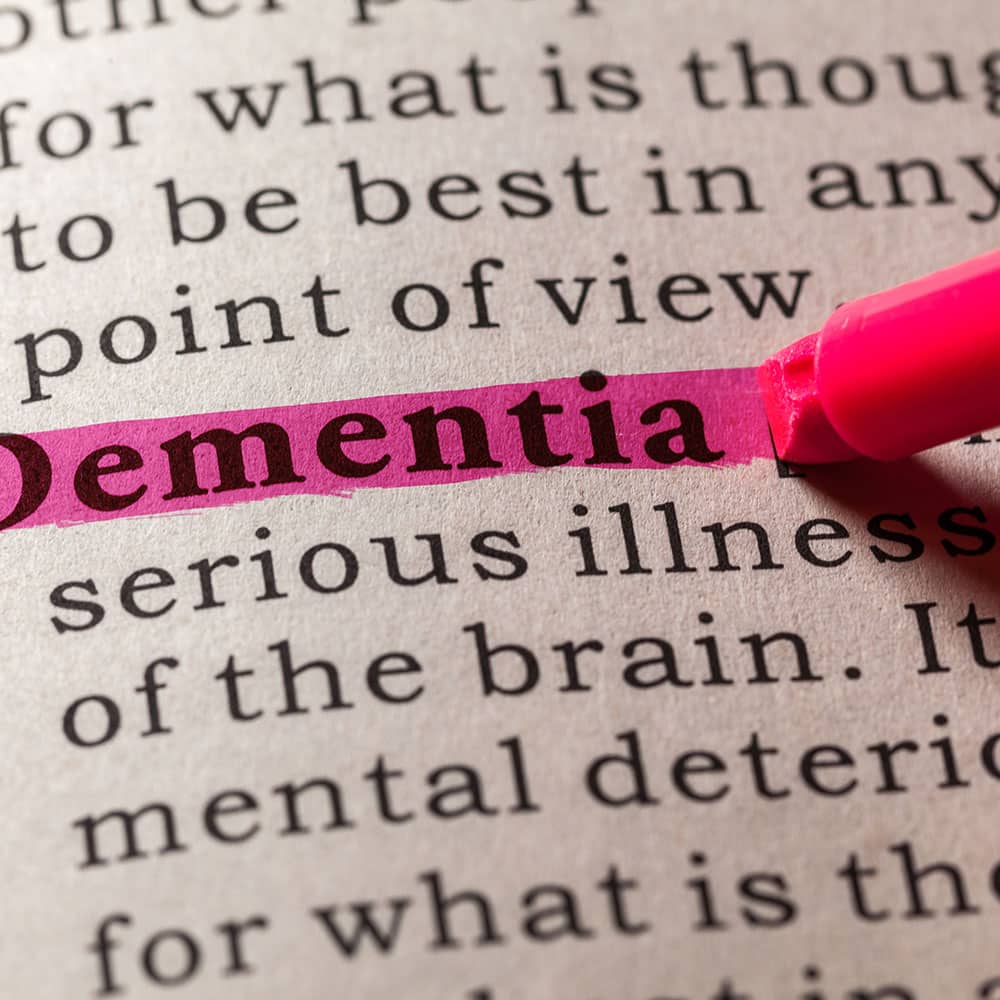New Genetic Research and Potential to Reduce the Risk of Dementia
In addition to aging, lifestyle plays an important role for the risk of developing dementia. High saturated fat, and processed sugar diet, lack of exercise and social isolation have all been linked to greater dementia risk. There are also genetic risk factors that a person can inherit that will increase the risk of dementia. In a landmark discovery published this month, researchers from the Max Delbrück Center for Molecular Medicine in Germany, have shown how a genetically variable protein called APOE4 functions to increase brain cell death that is associated with Alzheimer’s disease and other types of dementia.
About 15% of the population has the APOE4 variant. Having this genetic variant increases the risk of developing dementia by 12 times compared to those who do not have this variant. What the new research found was that by having the APOE4 gene, that results in the production of the abnormal protein transporter called Apolipoprotein E, brain nerve cells over time starve and die resulting in an inflammatory process in the brain. Normally functioning Apolipoprotein E is used to transport healthy fatty acids, like EPA and DHA, into the nerve cell supplying needed nutrients.
How to Reduce the Genetic Risk of APOE4
Now knowing how genetically abnormal APOE4 is linked to brain cell death and dementia it is hoped eventually pharmaceutical drugs can be developed to allow the normal uptake of the fatty acid into nerve cells and improve cell lifespan. But that might take years or even decades, if such a discovery could be found. What can be done now to lower dementia risk in those with abnormal APOE4?
A study from 2013 may have the answer to abnormal APOE4, despite not knowing at the time the recently discovered mechanism of its destructive action on brain nerve cells. The association of APOE4 and greater risk of dementia has been known for several decades based on population studies. The 2013, by the Knight Alzheimer Disease Research Center, found that those subjects with the genetically abnormal APOE4, that did regular exercise, had fewer signs of dementia related brain cell breakdown called amyloid, compared to those who also had the gene but didn’t exercise. Additionally, they found that the magnitude of exercise benefits were greater in the abnormal APOE4 group compared to those that had normal APOE and exercised.
What Does this all Mean for Me?
This is good news from both the recent study on learning the genetic mechanism of APOE4 to increase brain cell death and dementia risk, and the 2013 study that showed exercise can lower APOE4 amyloid deposits. We can use both of these studies to help prevent and fight the disabling effects of dementia. APOE4 genetic testing is available. Ask your healthcare provider whether this should be done for you. Or just start today with a brain healthy exercise program. Also include a healthy diet supplemented with EPA and DHA, found in fish oil, flax seeds and seafoods. As we learn more about the dreaded diseases associated with dementia, starting earlier in life and not waiting until we are older, is the key to keeping your brain and body healthy and active throughout your lifetime.
To learn more about a Brain Healthy Diet and Exercise click here to watch a video interview with Dr. Maroon.




